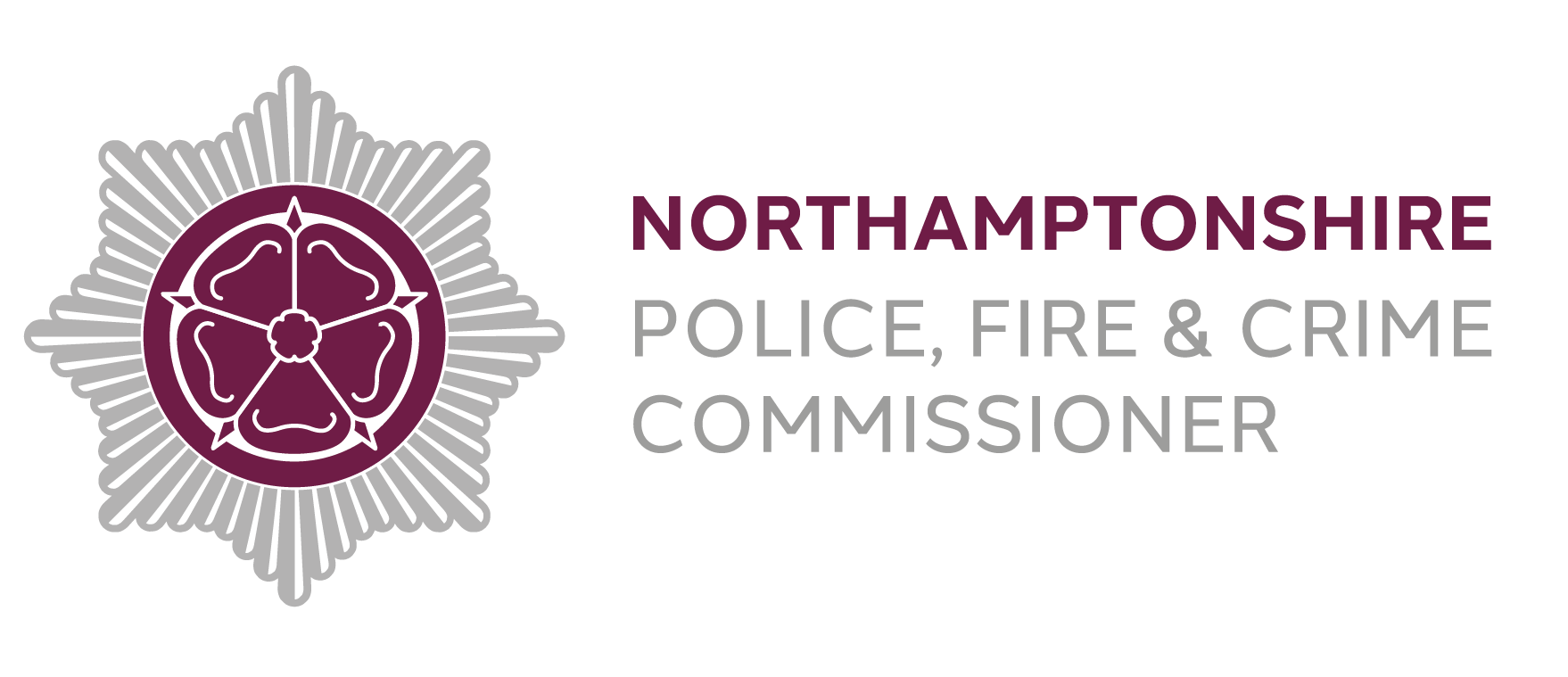Information
Force Problem Soling Minutes – 8th April 2025
Welcome and introductions.
Attendees:
PFCC Danielle Stone (DS)
DPFCC Marianne Kimani (MK)
Jonny Bugg (JB)
Paul Fell (PF)
Vaughan Ashcroft (VA)
Louise Sheridan (LS)
CC Ivan Balhatchet (IB)
A/DCC Ash Tuckley (AT)
A/ACC Emma James (EJ)
D/Chief Supt. Paul Rymarz (PR)
Nick Alexander (NA)
- DS welcomed everyone to the problem-solving meeting.
Matters agreed for discussion
Operation Sherlock Results
To improve positive outcome rates and quality of investigations by the Force the Chief Constable launched Operation Sherlock, led by a dedicated Detective Chief Superintendent some months ago.
The Commissioner would welcome a presentation of the work that has taken place under the auspices of Operation Sherlock. She would like this to be in the form of a discussion and debate about the findings so far, changes made as a result and how these and future planned changes will benefit local people who become victims of crime.
The discussion should focus on the issues, the potential solutions and how the Commissioner can support any required changes.
- D/Chief Supt. Rymarz provided an overview of Project Sherlock; the Chief Constables plan to improve how the Force investigate crime.
- This follows a HMICFRS inspection in September 2023 which graded the Force as ‘Requires Improvement’ in this area.
- A/ACC Emma James is Gold Commander for the project.
- Positive outcome rates have improved by 1.4% to 8.5%. The National baseline is 8.8%.
- As a comparison The Metropolitan police have a 3.5% solve rate. City of London Police are 15%
- The current outcome rate is heavily reliant on the good work being done by the Force Retail Crime team which is outperforming other areas.
- All other crime types are currently below the national average. Project Sherlock is focused on these areas.
- Op Soteria is focussed on Rape and serious sexual offences (RASSO)
- Of the 60k crimes committed, 51k are victim based. This is where the focus on improvement needs to lie.
- In March 2025, HMICFRS published a 135-page report on how effectively the police investigate crime.
- PR is comfortable that Northants is green on recommendations 4,5,9 and 11.
- There was a discussion on screened in and screened out for investigation.
- Depends on whether any evidence as cannot investigate all 51k crimes.
- 28k (55%) of victim-based crime go into Response policing teams but now starting to make efforts to bring this number down.
- Response officers are the busiest and least experienced – need to reduce so can solve the ones that are solvable.
- Initial investigation team working well
- Following Op Sherlock review, Response officers now have on average 7 – 9 crimes per officer. (Was previously around 12 crimes per officer).
- Lower risk and still able to be able to deal with response element of their role.
- As part of the review, 1,100 crimes were looked at. This has informed the Forces crime allocation policy. It also identified how much risk was being held in response.
- As a result of the review, the Force is now giving a better service to victims and improved the confidence of Sergeants and Inspectors to say when they think a crime has been allocated to the wrong pace.
- Response now have 20% less crime. This is the same for Neighbourhood officers.
- More crimes have been allocated to PVP (Protecting Vulnerable People) which is where it should be.
Future focus includes:
- Finalise crime allocation policy including taken into consideration offences.
- Complete rape end to end review.
- Quality assurance thematic testing/audit.
- Templates and mnemonics
- Innovation – automated statement technology used in low level crimes.
End-to-end review on rape offences
- There was a discussion on the end-to-end review on rape offences.
- A/ACC James has overview of this.
- Review is suspect led, victim focussed, and evidence led.
- There was a discussion on the use of Stalking Prevention Orders – not doing enough.
- Threshold is higher but should be considered.
- The Chief Constable is proposing growth by two officers to improve the use of SPOs
- The Chief Constable recognising that response officers lack experience is looking at the model used by Cumbria as rated by HMICFRS as good.
- Using templates and Mnemonics is the next stage to giving young in service officers space to problem solve.
- In addition, the Force is recruiting Police Staff Investigators who will be based in Response. They are expected to start in September.
- Also from September, new cohorts will have a rotation in Crime and Justice as part of their training.
- Tutoring of new officers when they leave basic training and join their teams is also under review.
- There was a discussion about Op Prudent – restarting the use of a DS, Evidential Review Officers and Case Builders assigned to Response teams.
AOB
No further business was raised

